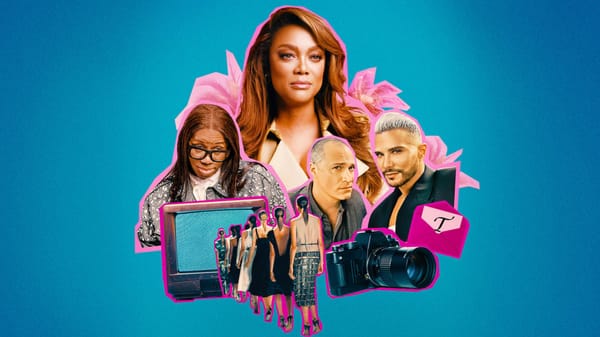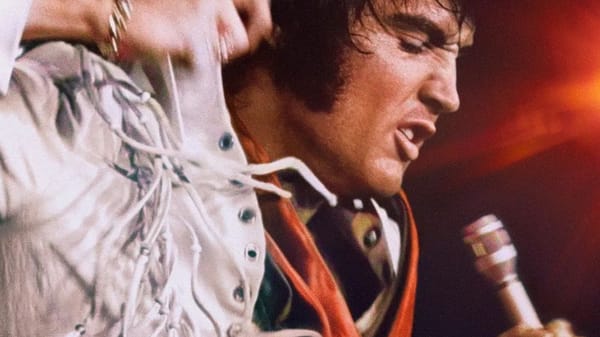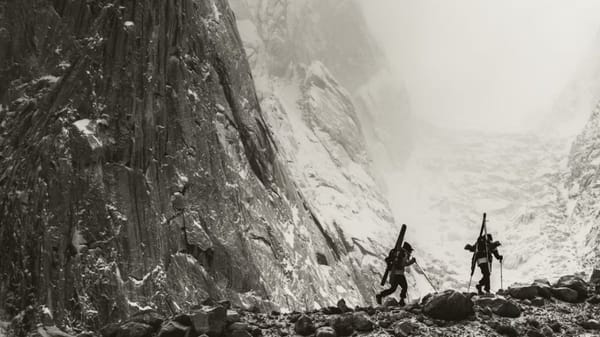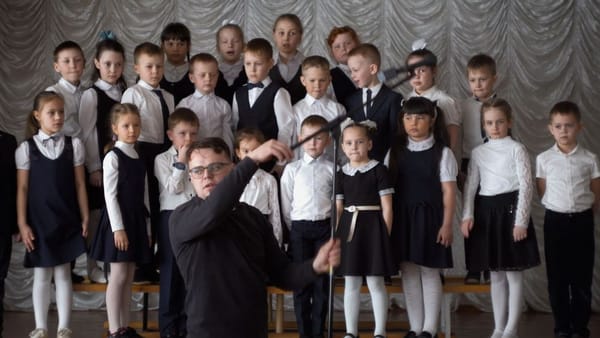My Mom Jayne (dir. Mariska Hargitay)
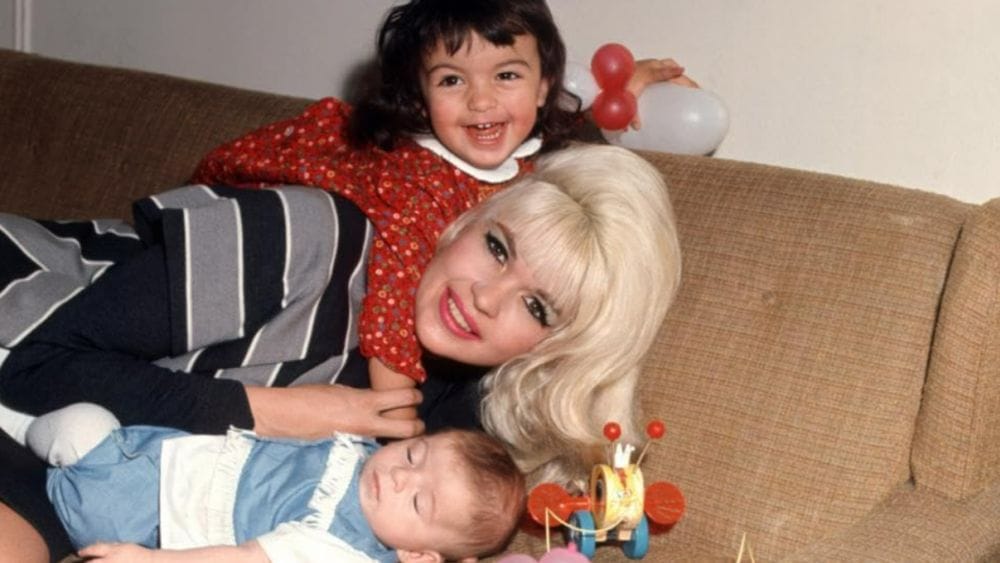
Mariska Hargitay has built her career and (by this stage) her legacy on a character whose troubled childhood and relationship to motherhood endows her with wells of empathy towards victims of sexual and emotional abuse. Turns out she knows a thing or two about generational trauma beyond the role of Olivia Benson and the script pages of Law & Order: Special Victims Unit. In her finest moments on that long-running show, Hargitay displays an ability to connect with people of all dimensions. There is a reason why she is the only actor to win a non-guest acting Emmy for a Law & Order franchise (her second Emmy was for producing the documentary I Am Evidence about the backlogs of rape kits across America). Those familiar with Hargitay just through her performance across a record-extending 26 seasons, and also those familiar with her as the daughter of Jayne Mansfield, will likely come away from this self-directed documentary with a newfound understanding of both mother and daughter.
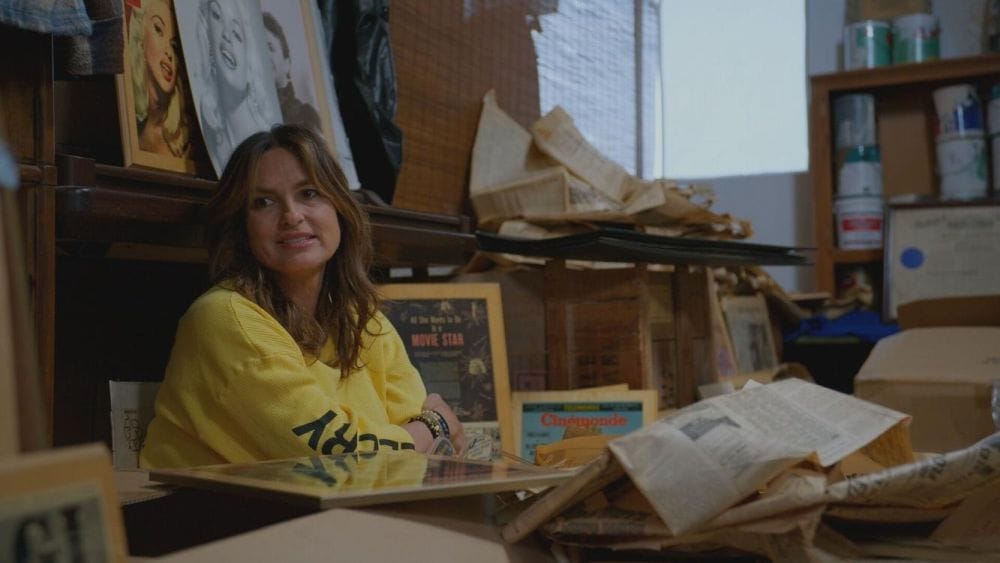
Some will likely find it easier to give the credit for My Mom Jayne to editor J.D. Marlow. He does strong work, particularly in the early Jayne-heavy sequences. Or they might choose to disparage its achievements as just the result of a pretty phenomenal story. But in the hands of somebody else, this likely would not have succeeded as well as it does. As a filmmaker, Hargitay directs through clear eyes in telling of the tale of her mother, the late Jayne Mansfield who died when Mariska was only aged three (she was in the car as it happened alongside her two older brothers). It is never mired in cheap sentimentality as its title or that rather poor, mawkish poster art might suggest. Amid its tale of Hollywood tragedy and family secrets, it succeeds at reframing the conversation around Mansfield who has not yet received the Monroe revisionist treatment. I admit I haven't seen too many of her works, but Will Success Spoil Rock Hunter? is an all-time favourite and I am very eager to see some of her dramatic works. Like Monroe, she was smarter than Hollywood and her fans (and critics) took her for. It is especially sweet since for a while it, it seemed people were more interested in the notoriety of her supposed devil worshipping in Mansfield 66/67 or as window-dressing to melodrama like Billy Bob Thornton's Jayne Mansfield's Car.
Additionally, it weaves a delicate yet achingly human portrayal of modern family life and the lasting effect that this woman has had on them. And continues to have on a culture through her daughter. Some of My Mom Jayne's best scenes have little to do with Mansfield directly, but rather the generation after her and their continued efforts to contextualise the woman they knew (or in Mariska's case, barely so) with that of her manufactured public persona. Her brothers and sisters (along with a step-mother and other surprise familiar additions) are great value as talking heads. This isn't a film that needs to over-egg its drama because their stories and their raw emotions are enough.
One could compare it to Sarah Polley’s Stories We Tell, or Kimberley Reed’s Prodigal Sons. As a Jayne Mansfield biography, My Mom Jayne is strikingly inquisitive, able to peer into the nooks and crannies of her life as others wouldn’t be able. As a portrait of a family, it is unvarnished in comparison to what we have become accustomed to. As a story about the director herself, it’s illuminating and open. No comparison necessary.
Also, lastly: not-so-quietly jealous of Mariska’s Central Park West apartment. Come on!
If you would like to support documentary and non-fiction film criticism, please consider donating by clicking the above link. Any help allows me to continue to do this, supports independent writing that is free of Artificial Intelligence, and is done purely for the love of it.
